About Mission Recovery – United Recovery Project
Supervised medical detox allows substances to clear from your body while medical professionals monitor your withdrawal symptoms and provide medication to make the process easier. Mission Recovery also offers therapy to help clients adjust emotionally and mentally to building a substance-free lifestyle.
Residential treatment at Mission Recovery Treatment Center includes individual and group therapy, access to 12 Step meetings, recovery education, and relapse prevention planning. They also offer social activities and fitness programs.
Mission Recovery Treatment Center accepts multiple insurance plans, which may include Aetna, Humana, United Healthcare, Cigna, Beacon, TRICARE, and Magellan Health. Each insurance plan is different, so be sure to verify out-of-network benefits and coverage details with your insurer.
Latest Reviews
We understand that your personal belongings are important to you, and we apologize for any discomfort or inconvenience you may have experienced. Please know that we will do everything in our power to address this situation and to make it right.
We value all of our clients and take pride in providing effective and compassionate care to those struggling with addiction.
We are proud of our dedicated team of professionals, including Carmen and Drew, who are committed to providing compassionate care and support to our clients. We are also glad to hear that you found our CEO, Bryan, to be supportive and understanding during a difficult time, and that you were able to receive the help you needed despite insurance issues.
We understand that recovery is a journey, and we are here to support you every step of the way. We are glad that Brian, one of our team members, was able to provide ongoing support and encouragement even after you left our program. We are thrilled to hear that you are clean today and we are grateful for the opportunity to have played a part in your recovery.
Please know that our team is always here for you and we wish you all the best in your continued recovery journey.
Rehab Score
Gallery
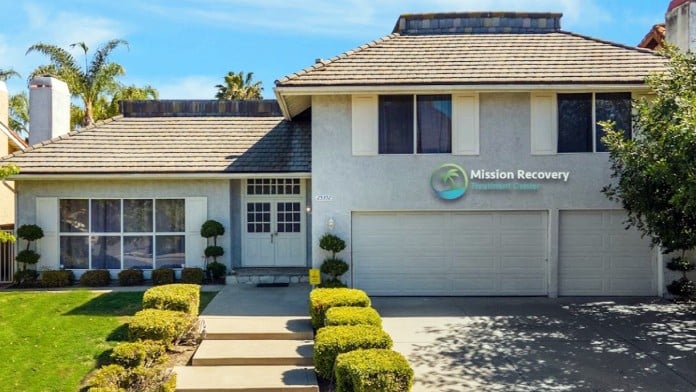






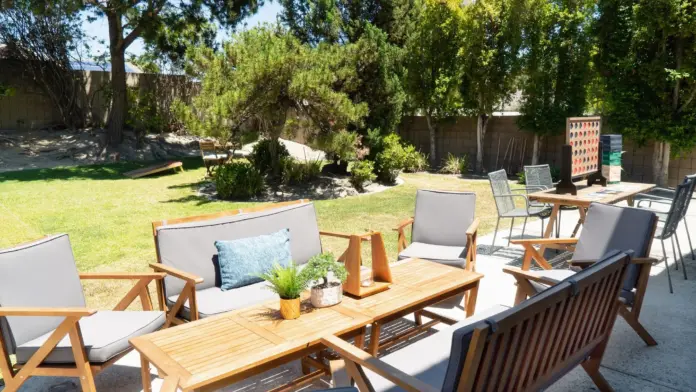
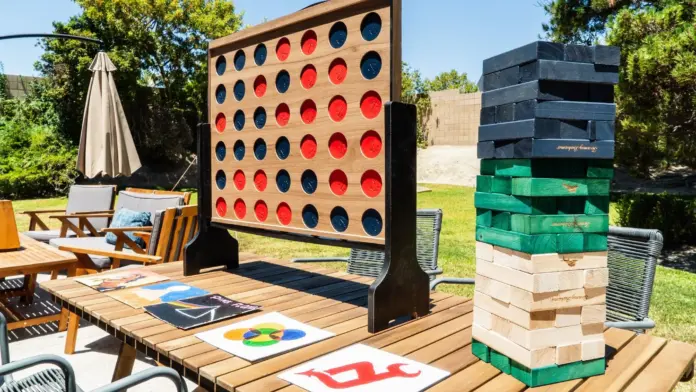


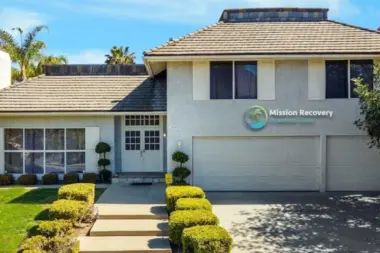







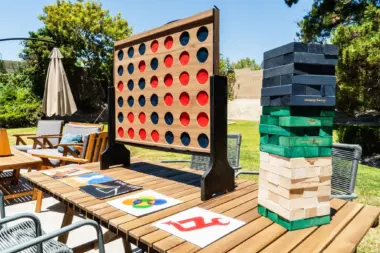


Other Forms of Payment
Medicaid is a state based program that helps lower-income individuals and families pay for healthcare. Medicaid covers addiction treatment so those enrolled can use their coverage to pay for rehab. When a program accepts Medicaid the client often pays very little or nothing out of their own pocket.
Medicare is a federal program that provides health insurance for those 65 and older. It also serves people under 65 with chronic and disabling health challenges. To use Medicare for addiction treatment you need to find a program that accepts Medicare and is in network with your plan. Out of pocket costs and preauthorization requirements vary, so always check with your provider.
Addiction Treatments
Levels of Care
Drug and alcohol addiction often takes a heavy toll on one's body. Over time, a physical dependence can develop, meaning the body physiologically needs the substance to function. Detox is the process of removing drugs and/or alcohol from the body, a process that can be lethal if mismanaged. Medical detox is done by licensed medical professionals who monitor vital signs and keep you safe, healthy, and as comfortable as possible as you go through detox and withdrawal. The length of stay at the detoxification program is determined according to the specific needs of the patient.
Residential treatment programs are those that offer housing and meals in addition to substance abuse treatment. Rehab facilities that offer residential treatment allow patients to focus solely on recovery, in an environment totally separate from their lives. Some rehab centers specialize in short-term residential treatment (a few days to a week or two), while others solely provide treatment on a long-term basis (several weeks to months). Some offer both, and tailor treatment to the patient's individual requirements.
A partial hospitalization program (PHP) is a short-term form of intensive rehab, usually for those with acute symptoms that are hard to manage but don’t require 24-hour care. PHPs have structured programming (i.e. individual and/or group therapy), and usually meet 3-5 days a week for around 6 hours (i.e. 9am-3m). Some PHPs are residential (patients sleep on site) and some are not, so patients sleep at home. PHPs can last from 1-6 months, and some offer transportation and meals.
Intensive Outpatient Programs (IOP) are for those who want or need a very structured treatment program but who also wish to live at home and continue with certain responsibilities (such as work or school). IOP substance abuse treatment programs vary in duration and intensity, and certain outpatient rehab centers will offer individualized treatment programs.
12-step programs are addiction recovery models based on Alcoholics Anonymous (AA). A number of substance abuse programs (including some drug and alcohol rehab centers) use the 12 steps as a basis for treatment. Beginning steps involve admitting powerlessness over the addiction and creating a spiritual basis for recovery. Middle steps including making direct amends to those who've been hurt by the addiction, and the final step is to assist others in addiction recovery in the same way. 12-Step offshoots including Narcotics Anonymous (NA), Cocaine Anonymous (CA), Dual Recovery Anonymous (DRA), Sex and Love Addicts Anonymous (SLAA) and Gamblers Anonymous (GA).
Treatments
Substance rehabs focus on helping individuals recover from substance abuse, including alcohol and drug addiction (both illegal and prescription drugs). They often include the opportunity to engage in both individual as well as group therapy.
Programs
Adult rehab programs include therapies tailored to each client's specific needs, goals, and recovery progress. They are tailored to the specific challenges adult clients may face, including family and work pressures and commitments. From inpatient and residential treatment to various levels of outpatient services, there are many options available. Some facilities also help adults work through co-occurring conditions, like anxiety, that can accompany addiction.
Clinical Services
Group therapy is any therapeutic work that happens in a group (not one-on-one). There are a number of different group therapy modalities, including support groups, experiential therapy, psycho-education, and more. Group therapy involves treatment as well as processing interaction between group members.
In individual therapy, a patient meets one-on-one with a trained psychologist or counselor. Therapy is a pivotal part of effective substance abuse treatment, as it often covers root causes of addiction, including challenges faced by the patient in their social, family, and work/school life.
Recreational therapy (aka therapeutic recreation) uses creative and fun activities to help with addiction recovery. Recreational therapists lead patients in entertaining and engaging activities like sports or games; art (drawing, painting, sculpture); drama, music, and dance; and/or community outings (field trips) to improve patients' physical, social, and emotional well-being.
Staff
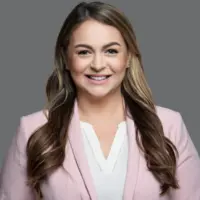
Kayla MacDonald
CEO
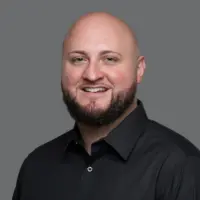
Michael Avellino
CMO
Contact Information
25352 Hillary Ln
Laguna Hills, CA 92653